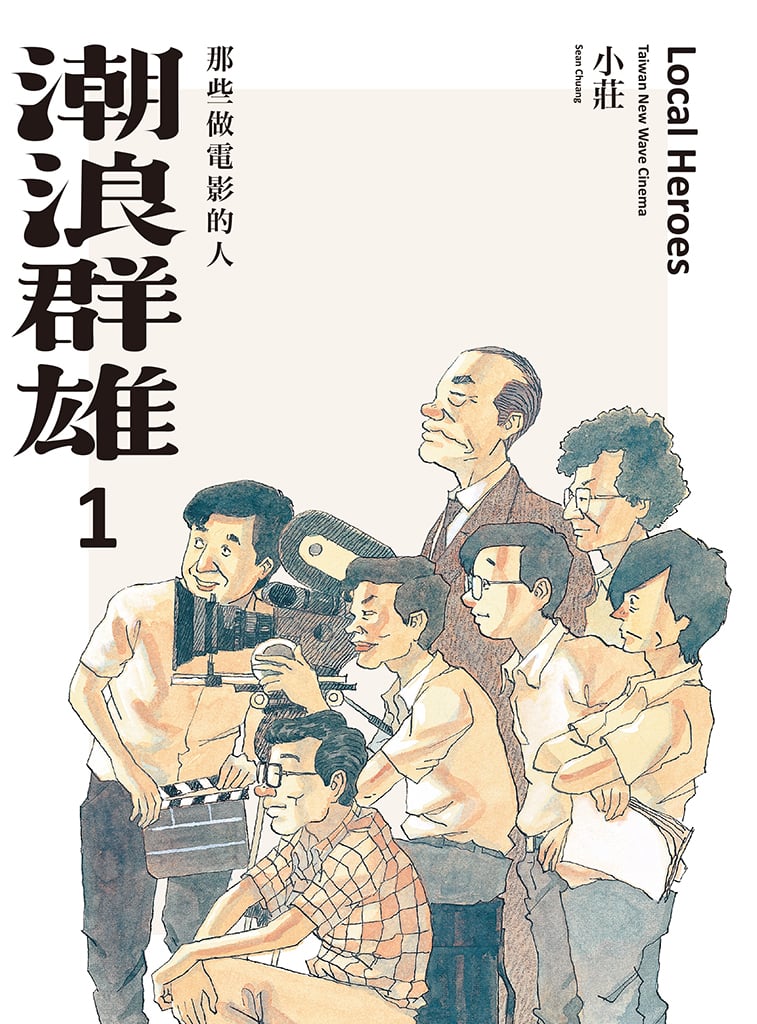



Taiwan in the 1980s was a time when totalitarianism was on the decline and society was becoming more open. For CMPC, the leading company in the film industry, however, it was a difficult time. People were no longer interested in propaganda or state-sponsored historical or political films, but the company could not win the audience's hearts, and filmmakers didn't know how to manage the fine line of film censorship. Ming Ji, the General Manager of CMPC and previously a Major General in the military, bravely recruited two young men, Wu Nien-jen and Hsiao Yeh, to join the company. Both were idealists and not from the film industry;
Wu Nien-jen was a local enthusiast of literature, and Hsiao Yeh had returned to Taiwan from studying in the US. With the encouragement of Ming Ji, the trio disrupted the film industry's status quo. They discovered and worked together with new directors, ushering in a new era of Taiwanese films. Their films also won many international awards and changed how people think about Taiwanese films.
In this period of economic prosperity, the government was still powerful and able to muzzle any dissenting voices and creative ideas. People full of aspiration had to find ways to survive and cope with frustration in this political hardship. They all looked forward to the day when they would be free from this political darkness.
One day in 1980, Wu Nien-jen, who worked at the City Psychiatric Center got a call from Ming Ji. Shortly afterward, Wu Nien-jen joined CMPC at the age of 28…In 1979, Hsiao Yeh, who left his studies and came back to Taiwan, went to CMPC to collect his outstanding fees for the work he had submitted. Not long after, he also joined the company and became Wu Nien-jen's colleague…



An all-around creative person, filmmaker, advertiser, and actor. Since 1981, he has completed 75 screenplays, including Dust In The Wind, Old Mao's Second Spring, Hill of No Return, Song of the Exile, and A City of Sadness. He has won the Golden Horse Award for Best Screenplay five times and for Best Screenplay in the 1993 Asia Pacific Film Festival. His directorial debut A Borrowed Life, which was based on the true story of his father who was a coal miner, won the Grand Prize at the Torino Film Festival.

He has been a best-selling writer since the 1970s. His works are diverse and have won many awards, including the UDN Prize for Literature and he has been nominated five times for the Golden Horse Award. His screenplays include Terrorizers (1986), Reunion (1986), and Daowen (1990) have won Best Screenplay in the National Film Award, Asia-Pacific Film Festival, and Golden Horse Award. After joining the CMPC in 1981, his collective work with friends and colleagues laid the foundation for New Taiwanese Cinema, also known as the New Wave Cinema